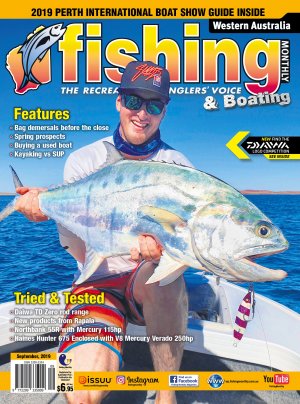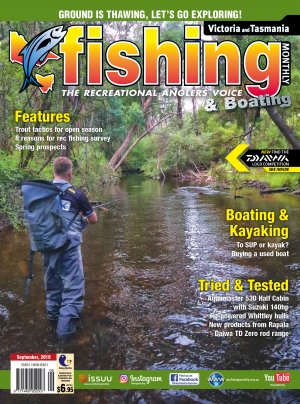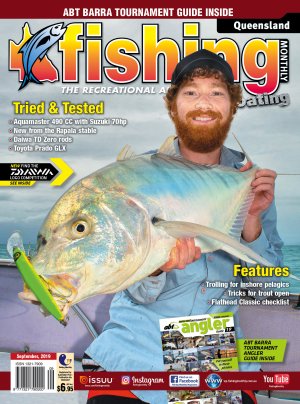GRAN WRESTLES MARAUDING CROC TO SAVE CAMPER
This was the headline of the Courier Mail on Tuesday October 12, and it sent a chill down my spine. A group of friends and I had camped in that very spot during a Cape York trip a couple of years back and, while I had had the security of rooftop accommodation, some of my companions had slept on the ground in flimsy tents. We had no weapons with us. What might have been?
The reported pre-dawn attack happened on the shores of picturesque Bathurst Bay, 250km north of Cooktown. However, thanks to the actions of 60-year-old Alicia Sorohan (who sustained serious lacerations in her heroic rescue) and her son Jason, victim Andrew Kerr was saved from a terrifying death in the jaws of a 4m, 300kg saltwater croc. Alicia, awoken by the screams of her neighbours, had jumped onto the croc’s back and it grabbed her by the arm. Her son Jason had ended the calamity with a gunshot to the back of the reptile’s head.
In the newspaper report, National Parks rangers had said that the campers had done everything right, including setting up well away from the water’s edge, but that previous visitors may have attracted the croc to the site by leaving food scraps and fish frames behind.
Thankfully the party was carrying an EPIRB with which to raise the alarm and fortunately too, a National Parks Feral Pig Eradication Team (including a AQIS vet) was nearby when the attack occurred. The two injured campers received excellent first-aid treatment before being transferred by chopper to (relatively) nearby Lakefield Ranger Station where they were stabilised by a doctor and then airlifted to Cairns by an RFDS aircraft. They were in hospital within four hours of the attack, which is amazing when you consider the remoteness of Cape Melville.
So all in all, this story had a happy ending – but one point came to my mind when reading the newspaper report. Did the event occur within the boundaries of the Cape Melville National Park and, if so, will one of the heroes of the rescue be fined for carrying (and discharging) a firearm in a National Park and killing a protected species without a permit? It’s currently illegal to have a weapon in your possession in a National Park. It’s a rule that seems odd, considering the very real risk of attack by wild animals (crocs and feral pigs in particular) in many of our remote northern parks. Have you ever seen a TV documentary where an African safari guide is not packing a weapon? Neither have I, but we are expected to venture into our National Park wilderness totally unarmed. I recognise that the QPWS role is to protect our environment and wildlife, and that a small minority may abuse the privilege of carrying a weapon for self-protection, but how would this event have turned out if someone wasn’t packing a firearm? In light of this incident, this regulation needs some consideration.
But for now and probably for the foreseeable future, if you are visiting a remote area where crocs may be present – and in North Queensland and Cape York that means any creek, waterhole, river or beach, whether a croc warning sign is posted or not – prevention is the only cure. In croc country DO NOT swim, bathe or canoe, and don’t clean fish, prepare food or camp within 50m of the water’s edge. Don’t leave food scraps or fish frames at your campsite and never become complacent. An EPIRB, HF radio or sat-phone and a well stocked first-aid kit is essential when venturing into these areas.
[CAPTIONS]
1) Not all croc habitats have warning signs. Up north, take care wherever there’s permanent water.
2) The tidal lagoon at Cape Melville National Park is very scenic. Just don’t stand too close to the water’s edge when taking your photos.
3) On a glorious sunny day the beach at Cape Melville is enticing but you’d be mad to even think about taking a dip.
4) The Mission River at Weipa, prime croc habitat.
Reads: 2420



